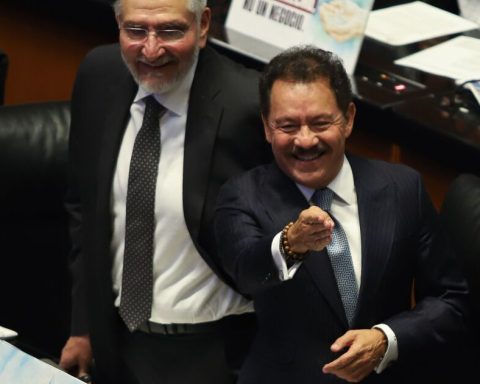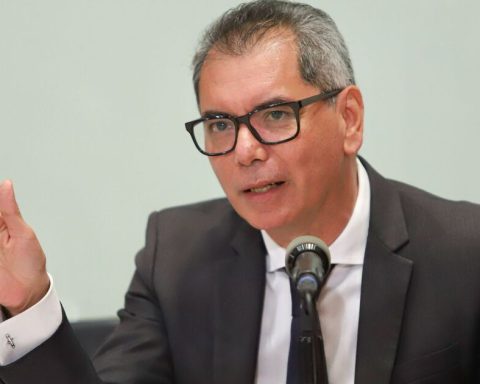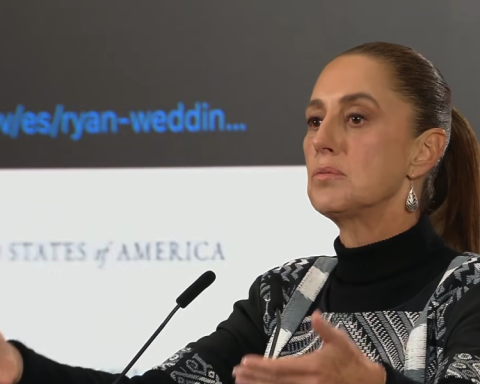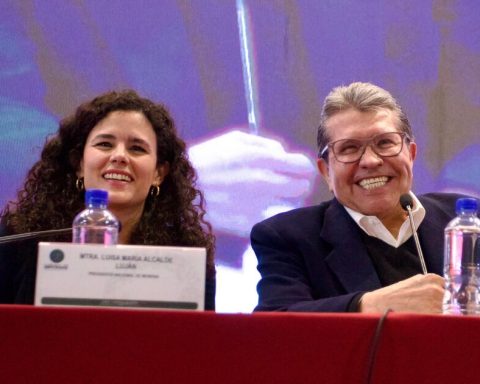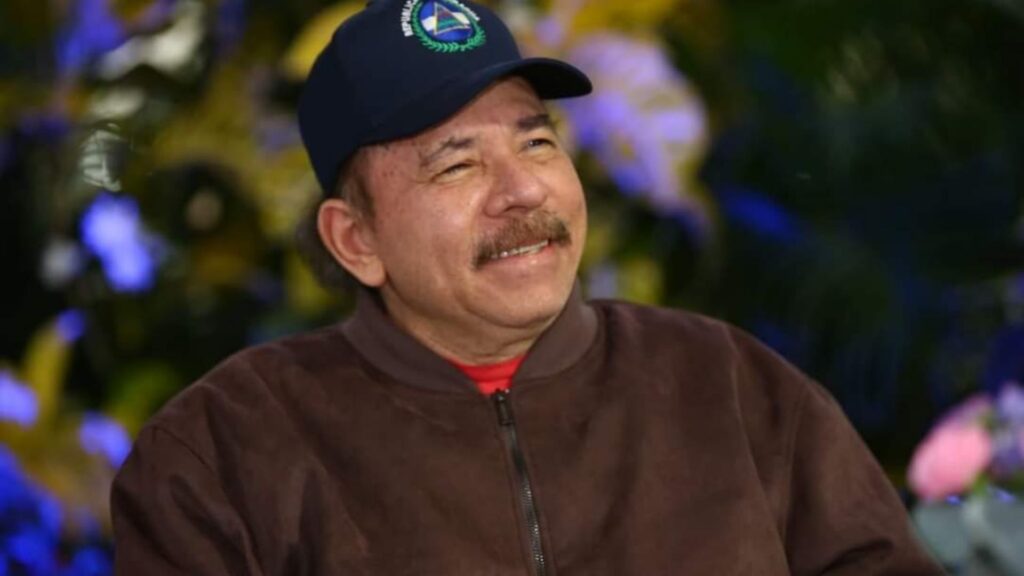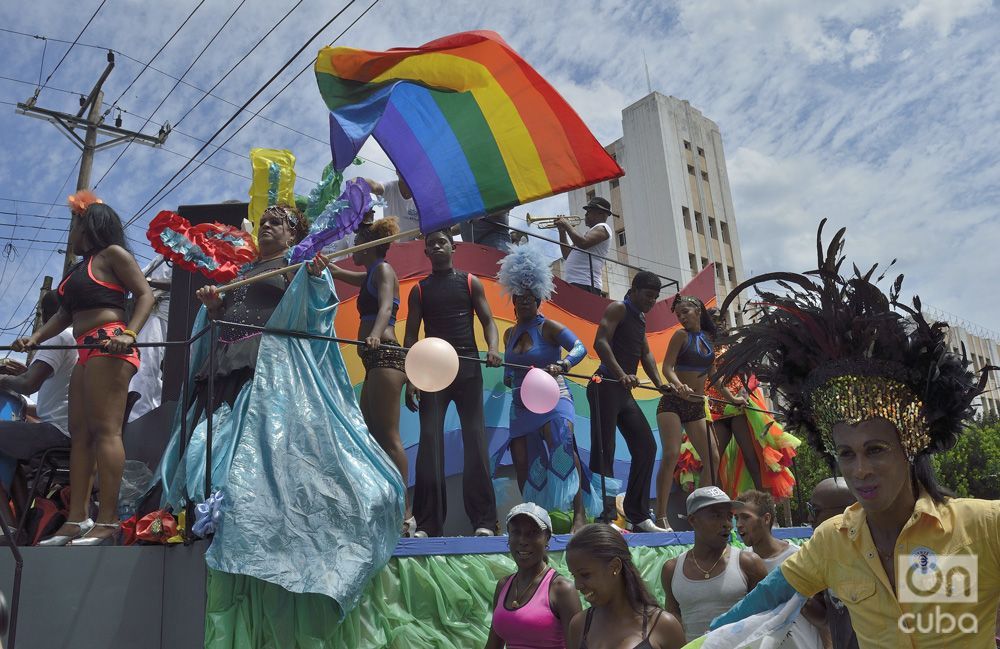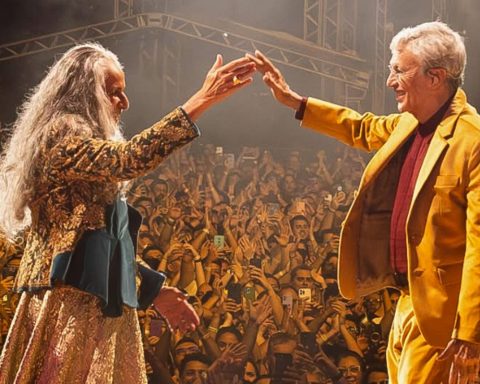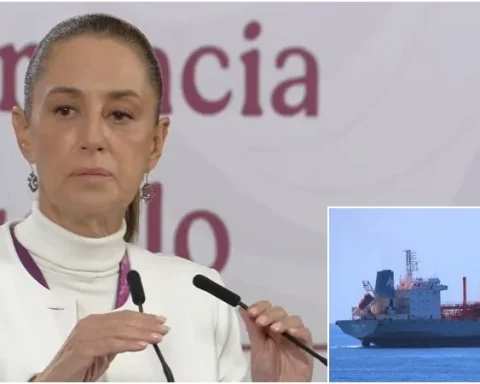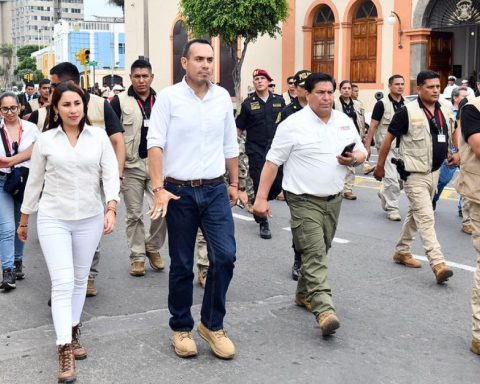C
on the occasion of the World Day of Freedom of the Press, which has been celebrated every May 3 since 1993 – in order to raise awareness about the importance of press freedom in a democratic society and discuss the challenges facing journalistic practice in the new digital realities, as well as in contexts of violence and intolerance–, leads me to reflect on the limits of freedom of expression and respect for different ways of thinking.
That is why what Karl Popper called the paradox of tolerance comes to mind: if a society is unlimitedly tolerant, its capacity to be tolerant will ultimately be reduced or destroyed by the intolerant. In this sense, the author argues that, although it seems paradoxical, to maintain a tolerant society, society has to be intolerant of intolerance. For his part, John Rawls poses in his justice theory, that a just society has to tolerate the intolerant, or else the society could become intolerant, and therefore unjust. Even so, Rawls also insists, like Popper, that society must restrict the freedom of people and sectors that are intolerant, when the rest of the tolerant society reasonably believes that for their own safety and for the institutions that guarantee freedom they are in danger. In other words, in a constitutional state of law like ours, the constitutional limits must prevail for the benefit of greater protection of human rights, also considering the alarming situation suffered by journalists in our country.
The sad incident between Héctor Suárez Jr. and the journalist Vicente Serrano is the product of the intolerance that we are experiencing right now. Thinking differently does not justify attacking another person. The same happens with the persecution of political enemies. Opposition political parties are within their rights to make the political game
they consider, but it is opportunistic to use the images and names of some people who did not give their consent and were incorporated into their collage. On the other hand, if we agree that the State has ceased to be conceived as an end in itself, and that currently it is the people and the protection of their rights and freedoms around which its actions are based, as well such as that of third parties or individuals, the factual and formal powers should not persecute journalists for their work, and both the prosecution and administration of justice should be at the service of their protection and not to attack them, as in the case of Mario Maldonado , especially when widespread impunity prevails throughout the country and a recurring wave of violence has prevailed in this sector for decades.
According to 2020 Annual Report of the Office of the Special Rapporteur for Freedom of Expression, impunity for murders and other attacks against journalists has been documented by government institutions and civil society organizations, and these data suggest that at least 99.6 percent of these crimes have not yet been clarified. Likewise, data from the Special Prosecutor for the Attention of Crimes Committed against Freedom of Expression (Feadle), between 2010 and 2021, only 30 convictions have been obtained for various crimes against journalists.
On the other hand, the jurisprudential line of the SCJN has been particularly protective regarding the scope of freedom of expression and the dissemination of information on matters that generate a public interest
for society; especially, in matters that have to do with the proper performance of public servants, information related to serious human rights violations or the disclosure of acts of corruption and abuse of power, to name a few. Likewise, the Supreme Court has been clear that public figures must tolerate higher levels of interference in their personality rights when there is political relevance involved.
The above issues are central to the consolidation of our democracy in terms of transparency and accountability and the fight against corruption, but also in progress in terms of protecting the fundamental rights of minorities; for this reason, cases must come before the courts in order to guarantee access to justice and reparation of the damage.

